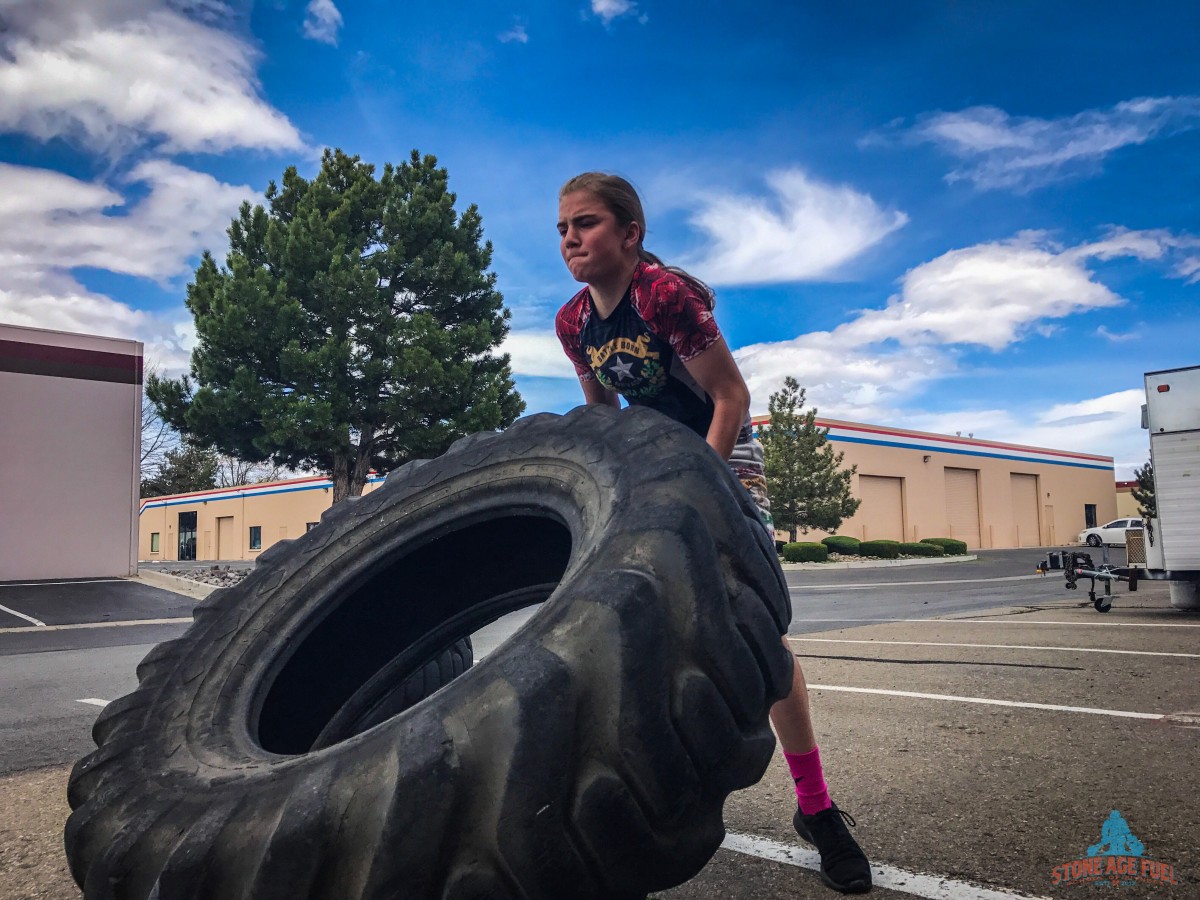Sugar versus Electrolytes: Don’t get duped
The worst thing Gatorade has done is get people obsessed with hydration (That, and the whole pumping their products with sugar thing).
Go to the start line of any endurance event and you’ll find slow, yet fearful runners sucking on their water bottles obsessively, force-drinking in an effort to allegedly ‘pre-hydrate,’ as the bathroom line circles around the block.
Meanwhile, in the gym, athletes think they need to drink during a 7-minute workout.
Nobody has ever died of a dry mouth: You can do a 20-minute workout without water, folks.
I blame Gatorade.
On the flip side, if Gatorade has done one thing well, it’s that the brand has contributed to educating the layman about electrolytes.
And even though I think most of the time people use thirst as a reason to rest and slack off during a workout, electrolytes do matter for your health.
Electrolytes 101
In short, electrolytes like sodium and potassium, are important for regulating muscle and nerve function, as well as for hydration, blood pressure and keeping your body’s pH levels in check.
If you become deficient in electrolytes, be like sodium, potassium, or others, such as magnesium or calcium, a host of problems can result
From fatigue and muscle cramping to irregular heartbeats and even to seizures.
This matters to everyone because we lose electrolytes when we sweat.
And the longer we workout, the more we sweat, the more we lose, and the more we need to ensure our electrolytes are properly restored in our bodies.
The is why Gatorade has been particularly good at marketing to endurance athletes: They’re the most susceptible to electrolyte loss.
On the other hand, you have probably also heard the word on street in recent months: Sugar is the devil.
And if you look at what’s in Gatorade, you’ll discover sugar, sugar and more sugar, to the point that the artificial flavors and sugar you’re pumping into your body is probably worse than any of the benefits you’re getting from the electrolytes in Gatorade.
Same goes for Powerade, G2, and most likely all other sports drinks that taste kind of delicious.
If you’re embarking on a marathon, triathlon, adventure race, or any other endurance event this summer, there are better options out there.
Here are a few:
Coconut Water
Make sure there’s no added sugar, or any other added ingredients, for that matter.
Pure coconut water is best. You’ll still get some natural sugar, as well as that all-important sodium and potassium.
Or better yet, buy yourself a couple young coconuts, pierce them with a hammer and nail and pour the delicious juice into a glass:
Nature’s best electrolyte replacement!
Sea Salt
When you sweat, you lose a ton of sodium, and salt is a fast way to replace it.
It also contains calcium and potassium, Sprinkle some Himalayan or Celtic sea salts into your water bottle, and add some lemon so it tastes a bit better.
Lemon (or Lime) Water
Speaking of lemons, they’re also a great source of potassium, calcium, and magnesium.
They also help balance your pH levels, as well as boost your immune system, so all in all, drinking lemon water—whether you’re working out or not—is a pretty good life choice.
Natural Hydration Tabs
Not all store-bought electrolyte products are pumped with sugar.
There do exist some better-quality hydration tablets, such as Nunn products.
If you’re not into flavoring your water with lemon or drinking coconut water, sugar-free hydration tabs, which are often flavorless, might a better option for you.
Lots of decent brands out there: Just make sure you read the labels.
Leafy greens
From kale to swiss chard to bok choy to spinach, leafy greens have tons of electrolytes.
If you’re going to a long run, it might be worth making a leafy green smoothie to drink right after, or even during the run if you’re a marathoner.







